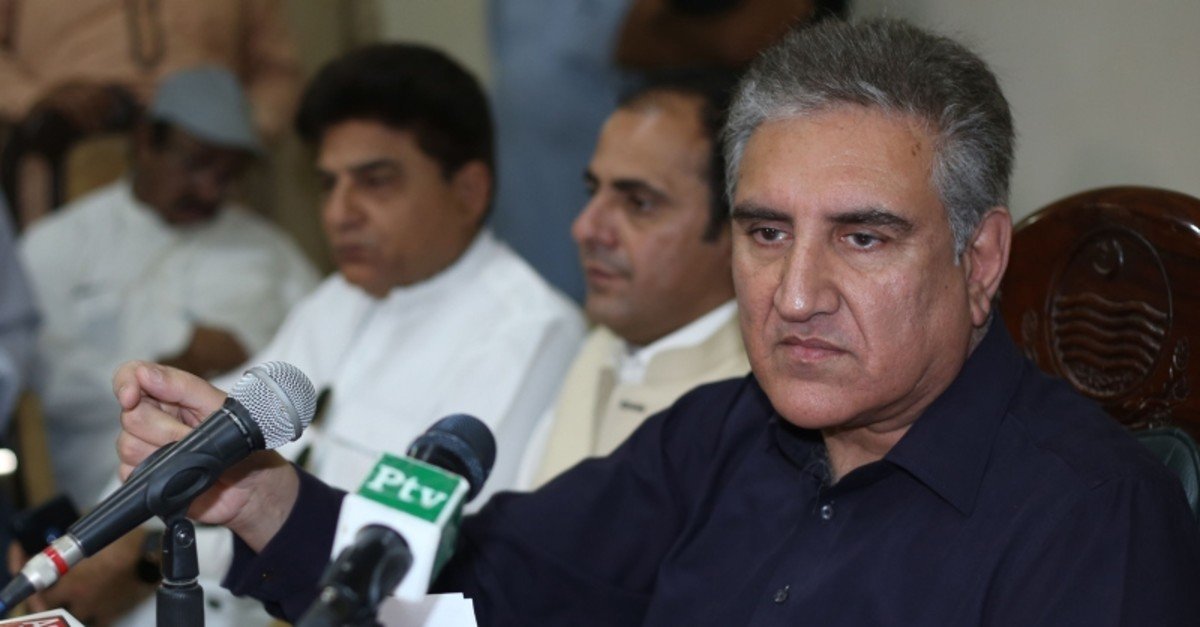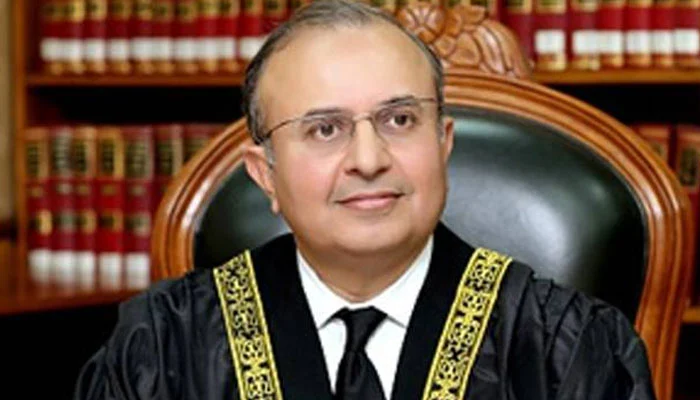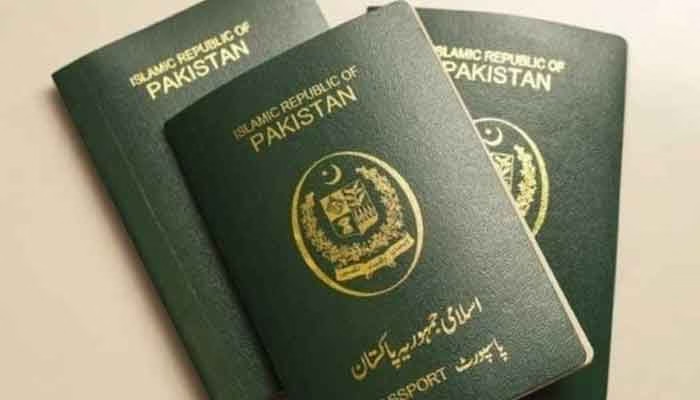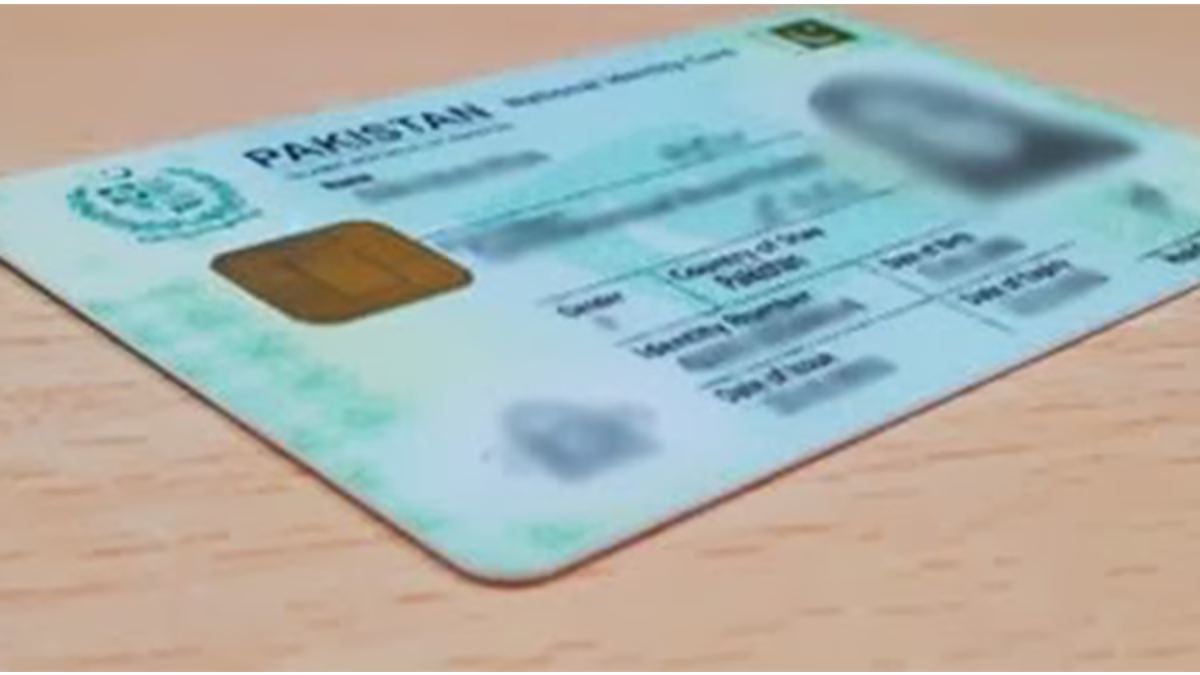In Islamabad, a special court designated to handle cases related to the Official Secrets Act made a decision on Wednesday to place Shah Mahmood Qureshi, former foreign minister and Vice Chairman of Pakistan Tehreek-e-Insaf (PTI), in judicial remand for a period of 14 days in a cipher-related case.
The Federal Investigation Agency (FIA) presented Qureshi before this special court following the completion of his two-day physical remand.
Judge Abul Hasnat Zulqarnain, who has been given additional responsibilities in the special court, presided over the proceedings.
During the hearing, the FIA’s special prosecutor requested an extension of the physical remand, citing the need to recover Qureshi’s mobile phone and a diplomatic cable. However, Judge Zulqarnain, expressing dissatisfaction with the repeated extension requests, declined the plea.
Qureshi had been arrested earlier in the month by the FIA’s Counter Terrorism Wing (CTW) based on a complaint from Interior Secretary Yousaf Naseem Khokhar, under Sections 5 and 9 of the Official Secrets Act 1923, along with Section 34 of the Pakistan Penal Code.
The complaint alleged that Qureshi, along with former Prime Minister Imran Ahmad Khan Niazi and their associates, had disclosed classified information contained in a secret document (Cipher Telegram received from Parep. Washington dated 7th March, 2022 to Secretary Ministry of Foreign Affairs) to unauthorized individuals, manipulating facts for their personal motives, and to the detriment of state security interests.
Prior to Qureshi’s hearing, Judge Zulqarnain also extended the judicial remand of PTI Chairman Imran Khan until September 13 in the same cipher case. This hearing occurred at the Attock District Jail due to security concerns raised by the Interior Ministry, with approval from the Law Ministry.
Imran Khan had been in jail since his conviction on August 5 in the Toshakhana case, which involved improper declaration of gifts received while in office.
The cipher case initially surfaced on March 27, 2022, when Imran Khan, shortly before his removal from office, displayed a letter that he claimed was a communication from a foreign nation, suggesting his government’s removal from power. The letter’s contents and the sender’s identity were not initially disclosed, but later, the United States and Assistant Secretary of State for South and Central Asia Affairs Donald Lu were named.
The letter pertained to a meeting between former Pakistan ambassador to the US Asad Majeed and Donald Lu.
Following Imran Khan’s removal, the National Security Committee (NSC) addressed the matter, expressing concern over foreign interference in Pakistan’s internal affairs.
Subsequently, audio leaks surfaced involving Imran Khan, Asad Umar, and Azam, purportedly discussing the US cipher and how to use it to their advantage.
In September, the federal cabinet established a committee to investigate the audio leak contents. In October, the cabinet authorized action against the former prime minister and handed the case over to the Federal Investigation Agency (FIA).
When the FIA summoned Khan, he challenged the summons and obtained a stay order from the court. However, the Lahore High Court recalled the stay order in July of the current year in response to the FIA’s call-up notice to Khan.



